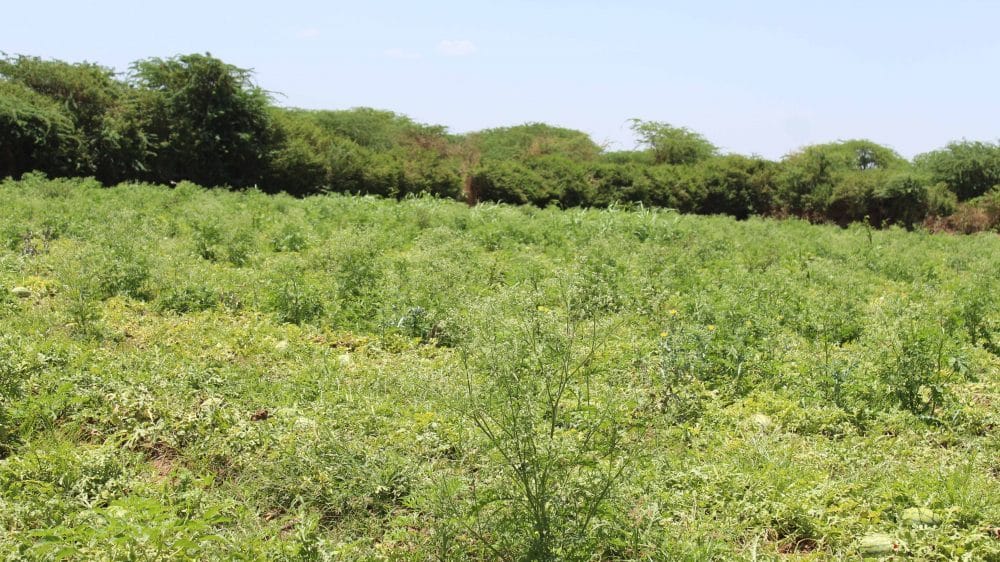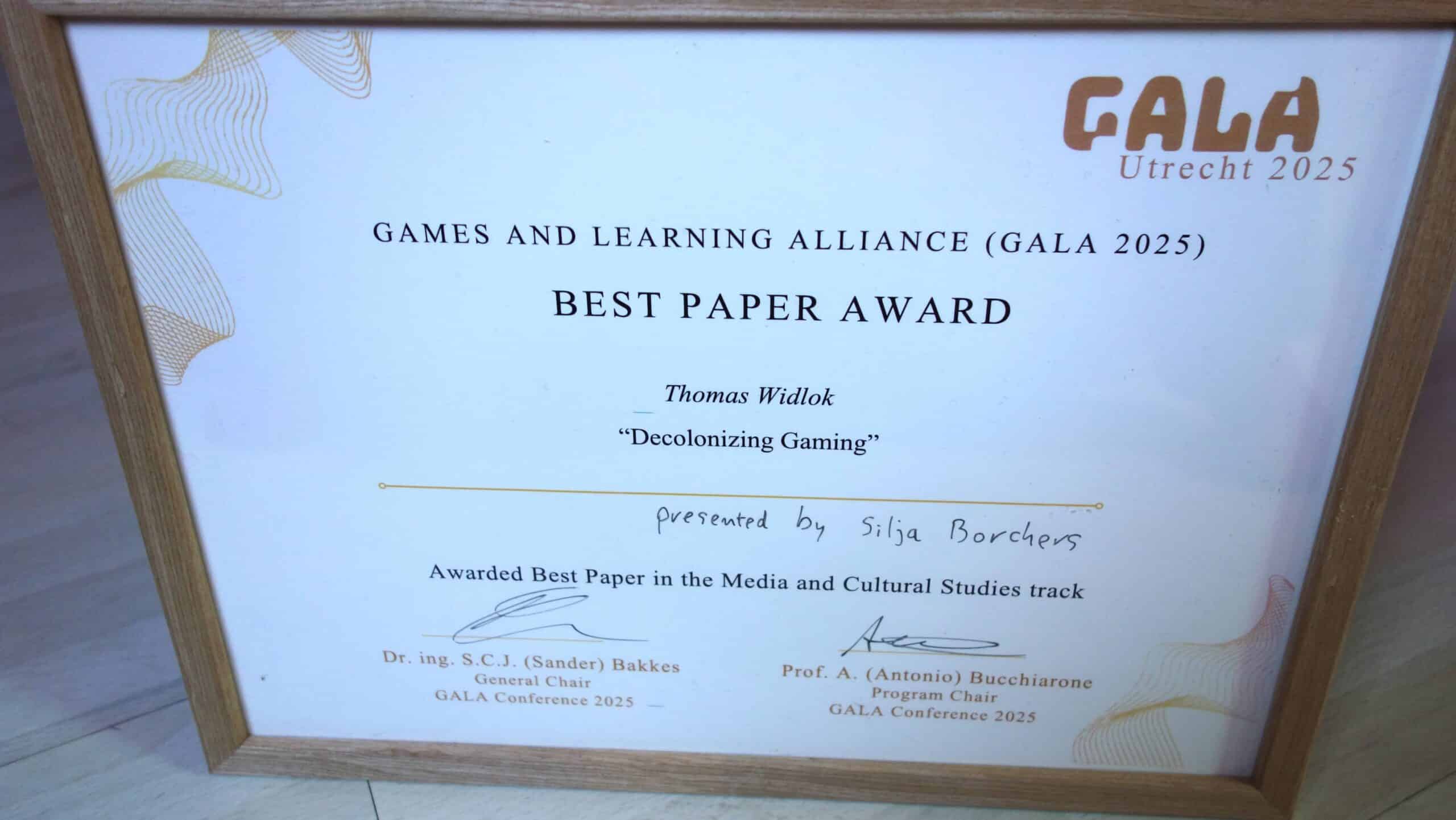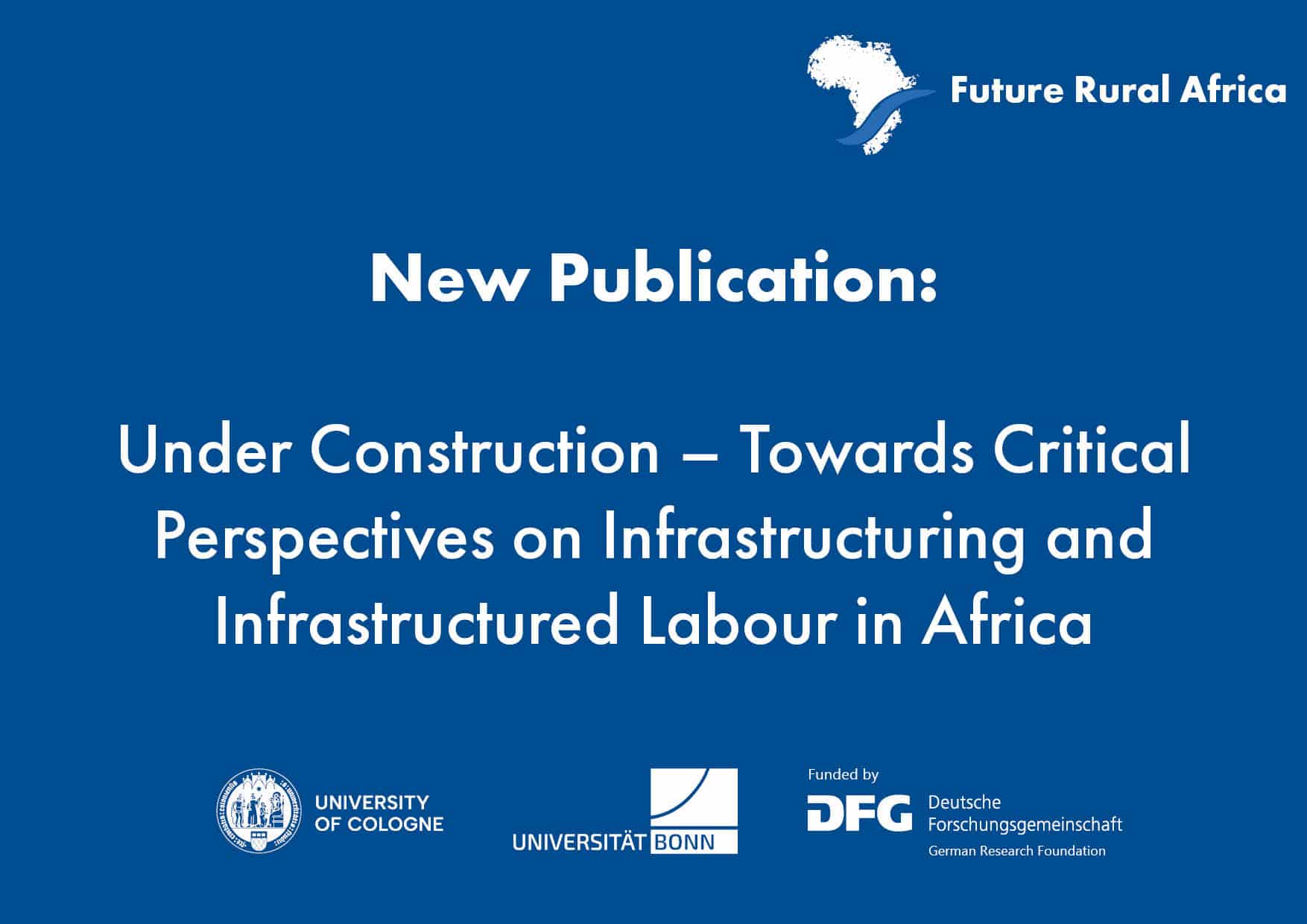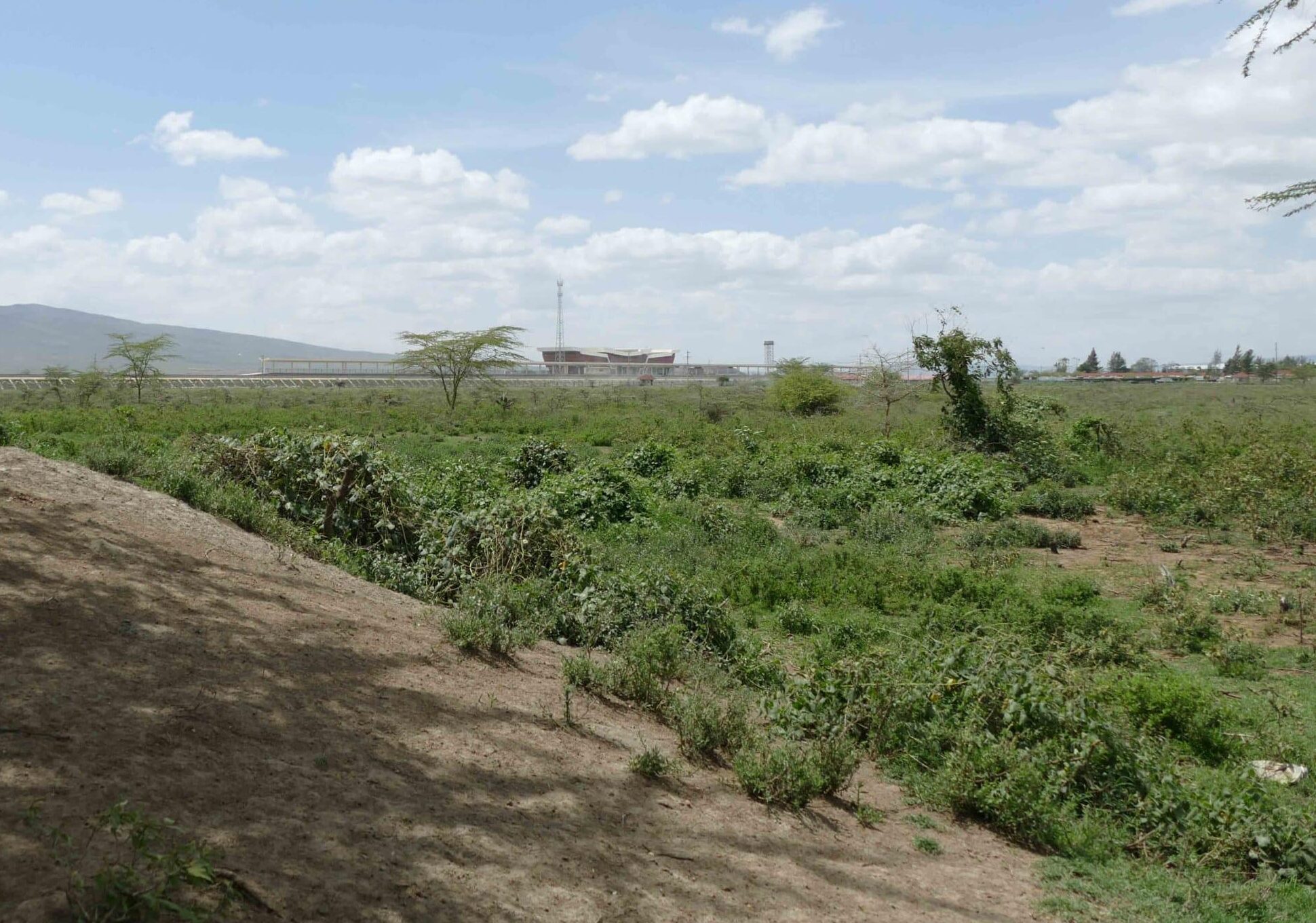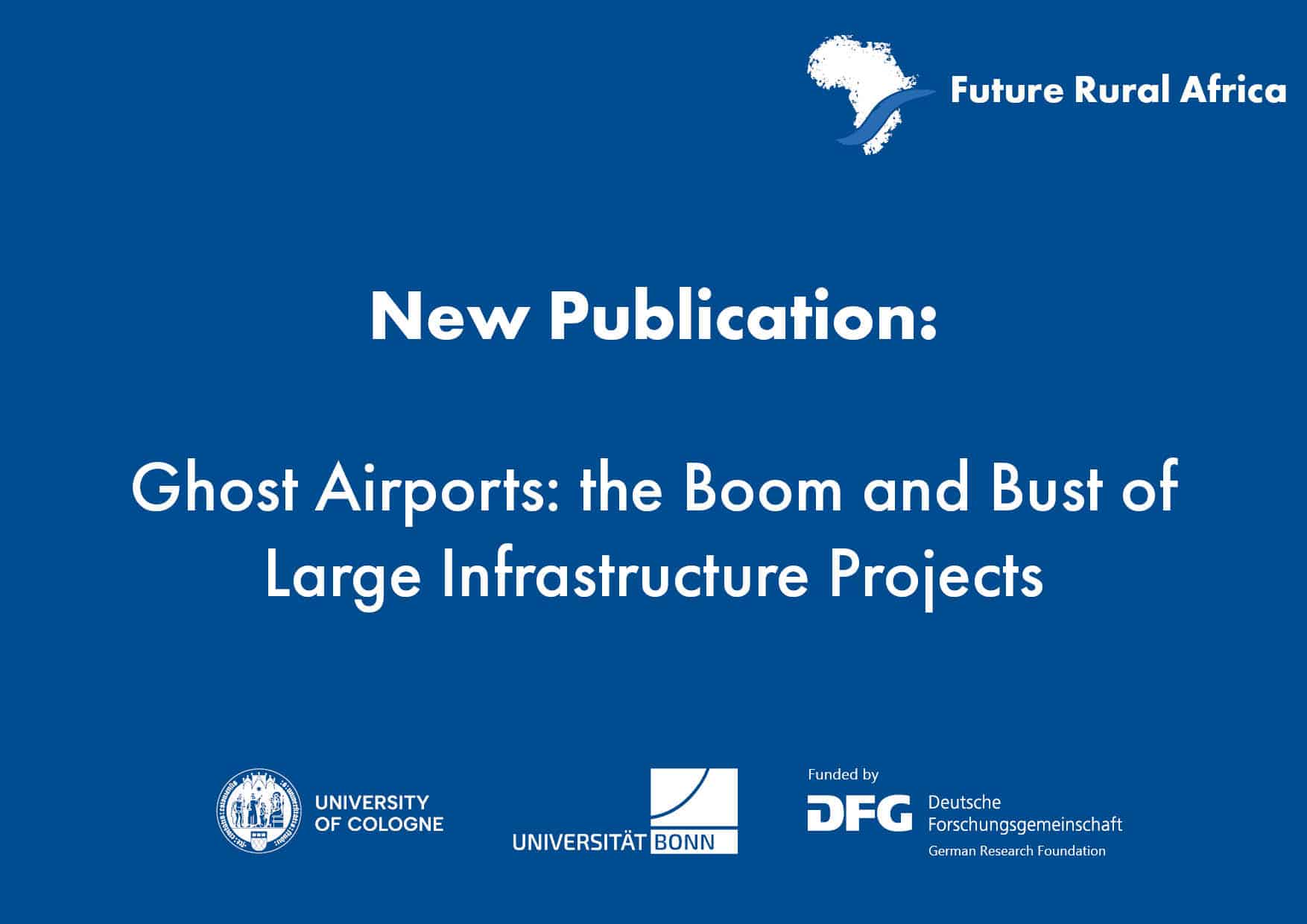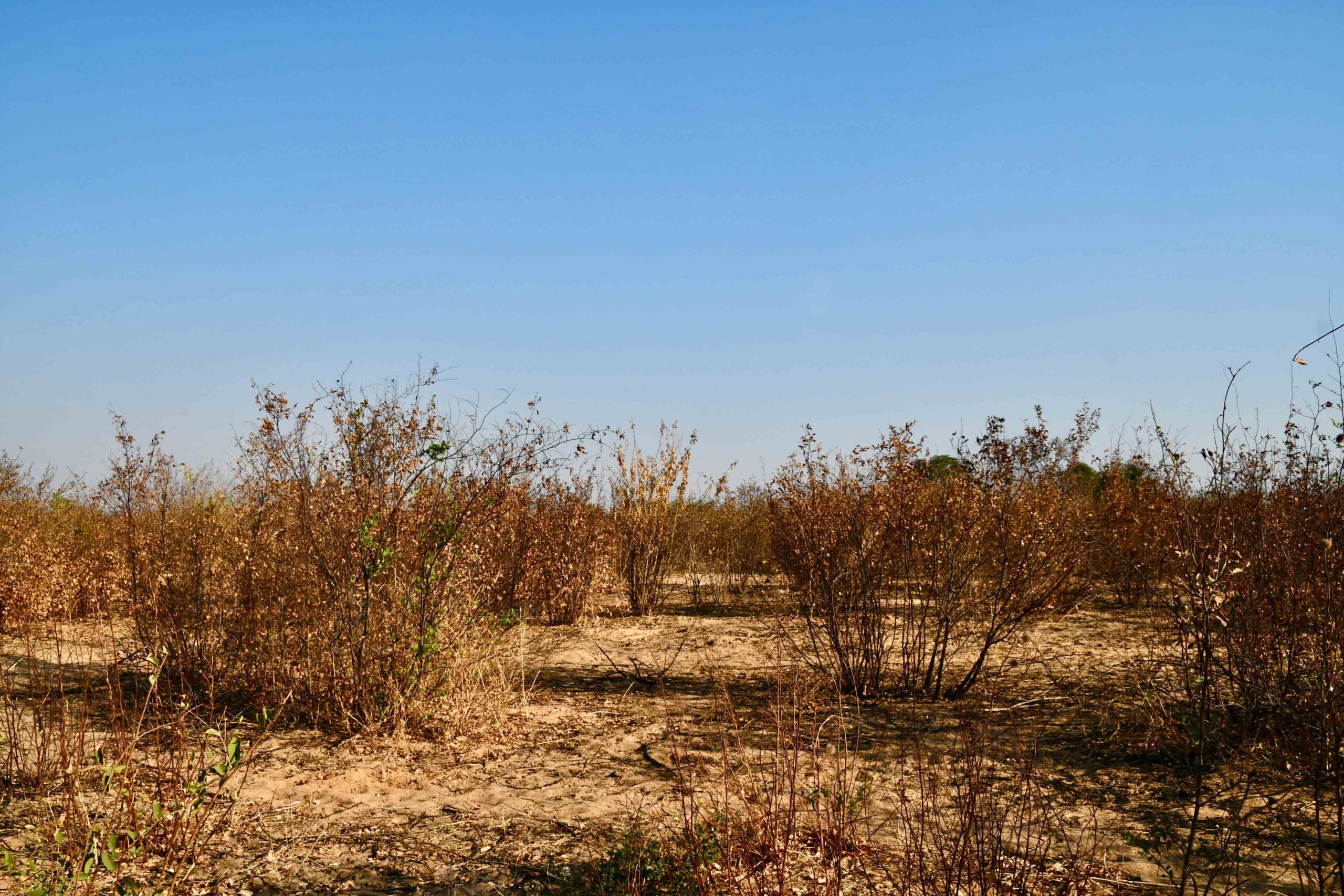Aspirations have been shown to affect households’ decisions around productive investments, but little work explores how aspirations are formed or eroded, especially in the face of ecological threats. While ecological threats may erode social and economic capital, there is no consensus on their effect on internal factors such as aspirations. We use the spread of three invasive species as our measure of ecological stressors and shocks. While all three reduce productivity, two of these invasives are slow-moving, and one fast: Parthenium, Prosopis, and Fall Armyworm (FAW), respectively. We ask how exposure to these stressors and shocks affect aspirations about income, assets, livestock, social status, and education as well as an aspirations index. Employing primary data on 530 smallholder households in northern Kenya, we find that ecological stressors, specifically, Prosopis, are correlated with lower aspirations. The effect of ecological stressors on wealth is the mechanism through which this happens. Our findings offer suggestive evidence of the concept of the ‘capacity to aspire’ which hinges on one’s material endowment and relates to the future-oriented logic of development.
Tabe-Ojong MP, Heckelei T, Baylis K, 2021, ‘Aspiration formation and ecological shocks in Rural Kenya. The European Journal of Development Research. (Online First Articles). DOI

